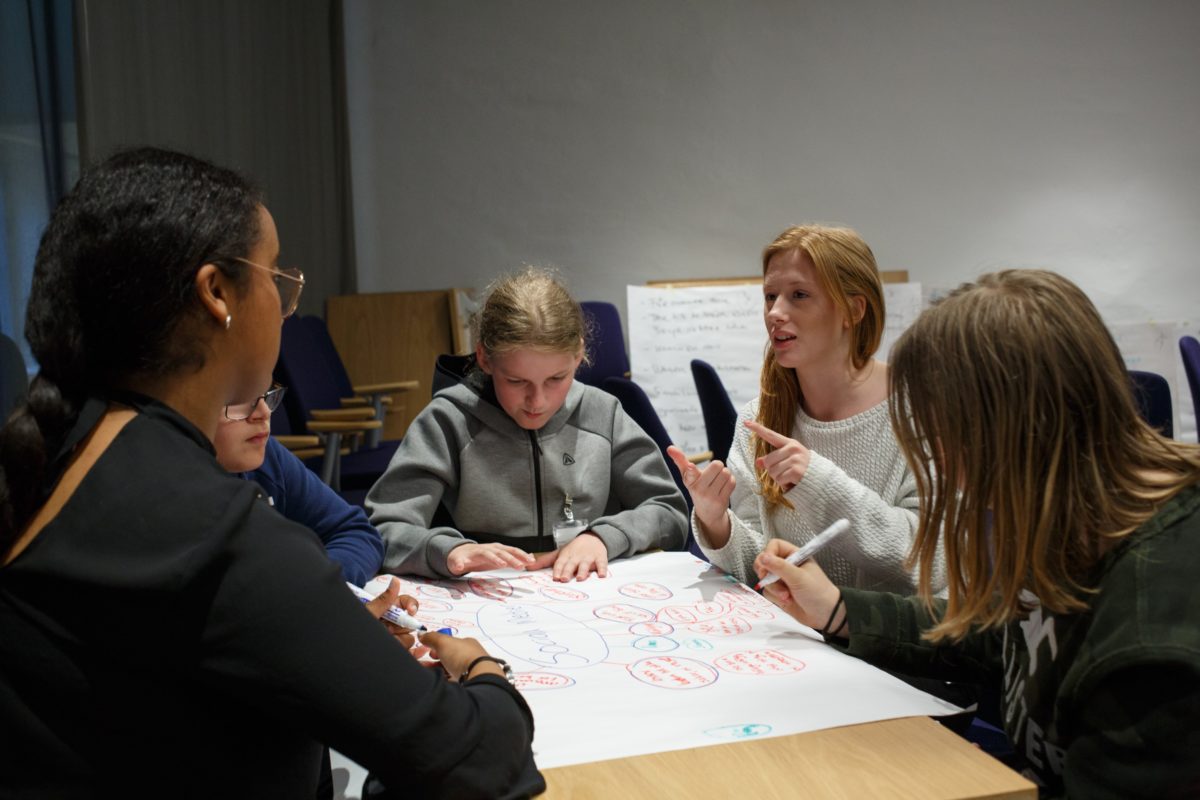Head of Practice, Anna Bacchoo, blogs about child protection plans and asks how they could be more effective.
I have recently been thinking a lot about the plans we make when working with families, particularly child protection plans, and their impact and efficacy. These are a vital tool in safeguarding children and young people, but we must not be afraid to question how they work, and whether they could be improved.
Firstly, to what extent are plans actually made ‘with’ families? As practitioners, we are universally agreed that involving children and families in decision-making is important, but do child protection plans tend to be dominated by non-negotiable directives, decided by professionals? We conducted a poll that showed that 69% of social workers surveyed thought parents’ voices were heard in child protection conferences, but I wonder whether parents would agree – both about how involved they were, and in the content of the plan itself.
Related to how much input parents have in planning is the question of what should be included in the plans themselves. Social workers need to complete comprehensive, holistic assessments of families to develop a good understanding of strengths, risks and needs. Following the assessment, however, should the plan cover every identified need, even those that are not a safeguarding matter? In an effort to cover every base, some child protection plans can be very lengthy and go far beyond addressing the safeguarding need that brought about the Section 47 investigation in the first place. Families’ may feel this level of intervention is disproportionate and unfair – and covering matters that, ordinarily, would not be a matter for children’s social care. If we were more focused with our interventions and made child protection plans that protect children from the assessed (risk of) significant harm only, would we see the impact on parental engagement, length of plans and outcomes for children. Might it be easier to engage with a less comprehensive, less overwhelming plan?
My final question will be familiar to many – do child protection plans work for vulnerable young people who are facing contextual risks and exploitation? I have just spent a week working in the adolescents’ team in Brighton and Hove and saw the fantastic (and very hard) work that goes into keeping young people safe in the city. It was clear to me that the social workers’ relationships with the young people was vital to the safeguarding process. This goes beyond the dyadic relationship between worker and young person, and extends to relationships across a community of young people – social workers know their young person’s friends, boyfriends/girlfriends, and who is hanging out with who, when and where. And they are constantly assessing what this means for the young person. Understanding what it takes to form, sustain and make use of these relationships in order to safeguard vulnerable young people is a key challenge for practice, and an interesting ‘what works’ question that I hope we will have a chance to explore in the future.
From a ‘what works’ perspective, I’m also interested in what type of study we could design to explore how effective child protection plans are, for whom and in what circumstances. A great first step is our partnership with Warrington Borough Council on the Practice in Need of Evidence programme. Warrington has a new approach to creating plans in conferences and network meetings called Circle of Change which aims to share responsibility for plans more effectively across the network and support parents to set achievable goals. We will support Warrington to evaluate Circle of Change and if that produces promising evidence we will begin to build the evidence base for what works in child protection planning.
We’d love to hear your perspective on child protection plans or if, like Warrington, you are using a promising approach that you think could help children, young people and families – so please get in touch.
If you are a registered social worker you can also sign up to participate in our regular polling, and share your views on the important topics of the day.


